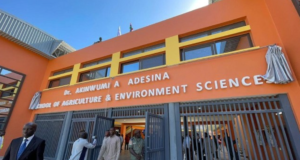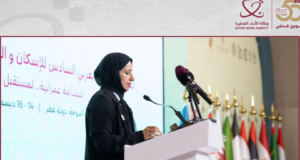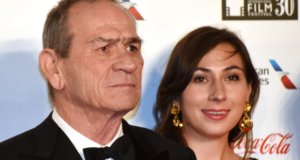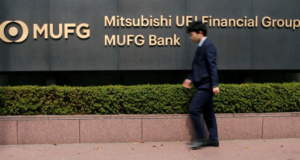Energía
Masdar compromete 15.000 millones de dólares a proyectos de energía limpia...
La transición energética global continúa acelerándose y una de las empresas que lidera este cambio es Masdar, la compañía de energía limpia con sede...
Reparación completada de la línea eléctrica que abastece a una comunidad...
Restablecimiento progresivo del suministro eléctrico en una comunidad del norte canadiense Las autoridades energéticas de Manitoba confirmaron que los equipos técnicos lograron reparar con...
Serbia avanza hacia la integración eléctrica europea: primer país de la...
Serbia se ha convertido en el primer país contratante de la Comunidad de la Energía en entrar oficialmente en la fase de verificación del...
Medioambiente
Germany’s Emissions Cuts Slow as North Sea Records Warmest Year, Raising...
Germany’s progress in reducing greenhouse gas emissions slowed significantly in 2025, sparking renewed concern among climate experts and policymakers. At the same time, the...
University of The Gambia Renames School of Agriculture to Honor Dr....
A Landmark Tribute to African Agricultural Leadership
The University of The Gambia has officially renamed its School of Agriculture and Environmental Sciences in honor of...
Qatar Reforça Compromisso com o Desenvolvimento Urbano Sustentável no 6º Fórum...
Doha sediou, em dezembro, o lançamento do 6º Fórum Ministerial Árabe de Habitação e Desenvolvimento Urbano Sustentável 2025, um evento de alto nível que...

























